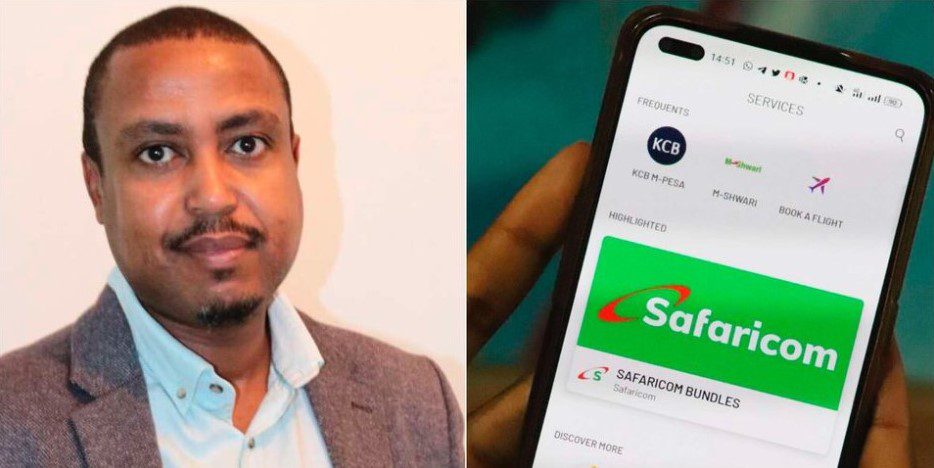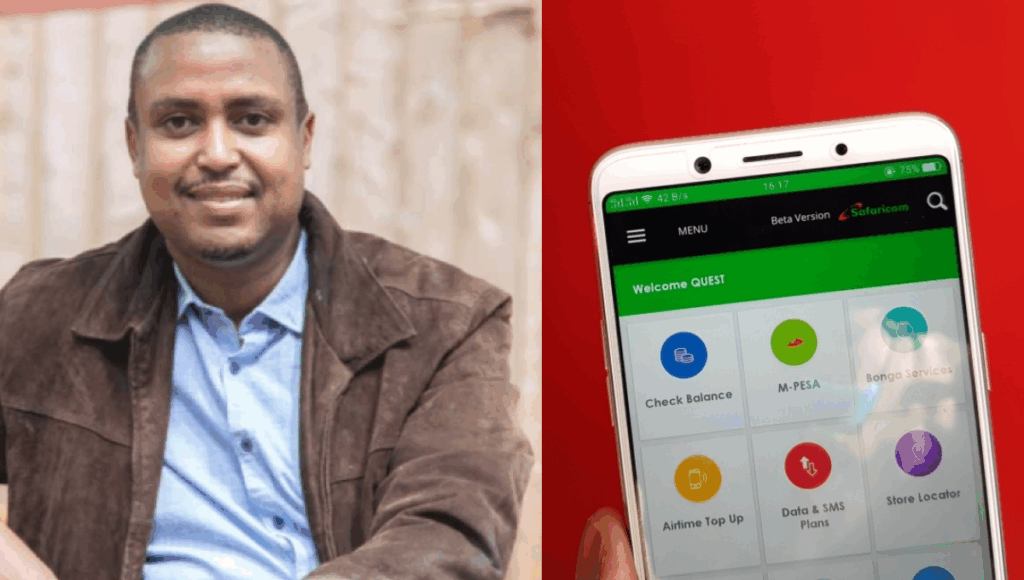Physical Address
60 Ekwema Cres, Layout 460281, Imo
Physical Address
60 Ekwema Cres, Layout 460281, Imo

A software developer’s big claim against Safaricom has just been overturned by the High Court, with Safaricom defeating a man who said the M-Pesa apps were his idea. This decision ends a legal battle that involved a huge KSh1.1 billion payout initially awarded to the developer, Samuel Wanjohi, through his company Popote Innovations. The court ruled that Wanjohi had no signed contract with Safaricom, so his claim didn’t hold up.
Back in 2018, Wanjohi proposed a partnership to launch a new mobile payment solution called “Popote Pay.” He said Safaricom agreed to share the revenue from the project, but later dropped it and instead launched their own versions of similar apps — the M-Pesa Super App and the M-Pesa Business App — in June 2021. Wanjohi felt Safaricom took his idea without paying him. Because of this, he won a large arbitration award of KSh1.1 billion last year.
Read Next: Police Seize $29,000 in Illegal Multichoice Streaming Devices During a Johannesburg Raid
But Safaricom pushed back hard, telling the High Court the agreement with Wanjohi was never signed or finalized. They also explained they had repaid Popote for development costs in 2020 under a separate deal, not in return for the app ideas. The Court agreed with Safaricom, saying the huge award had no legal standing because it was based on a contract that was never properly made. The judge said the arbitrator’s decision went against principles of fairness and Kenyan public policy. There was no solid evidence that Safaricom’s M-Pesa apps were copied from Wanjohi’s ideas.

This case points to a bigger issue in tech: sometimes big companies with massive user bases and control over distribution make it tough for smaller players to compete. Experts say powerful firms can easily use smaller companies’ ideas and their dominance in the market to push them out, especially when the law doesn’t fully protect innovation from this kind of behavior. They call for updates in competition laws so fresh ideas and small developers get better protection.
Safaricom isn’t new to these kinds of lawsuits. For example, in 2021, they defeated another claim when Jonathan Murangiri Gikabu sued for KSh209 million, saying Safaricom stole his idea for “M-Pesa 1 Tap.” That app allows fast payments by tapping a card, wristband, or phone sticker. But the court threw out Gikabu’s case too, saying he didn’t show enough proof that Safaricom took the idea from him. Safaricom explained that the near field communication (NFC) technology had already been used in other products before M-Pesa 1 Tap.
So, while Safaricom defeats the man claiming M-Pesa apps were his idea in this latest case, it highlights the ongoing tensions around tech innovations in Kenya. Developers who create new ideas want fair rewards, but big companies with strong platforms and resources often have the upper hand, legally and practically. The court ruling clarifies that without clear contracts and evidence, claims for billions in compensation can’t succeed.
Was this information useful? Drop a nice comment below. You can also check out other useful contents by following us on X/Twitter @siliconafritech, Instagram @Siliconafricatech, or Facebook @SiliconAfrica.